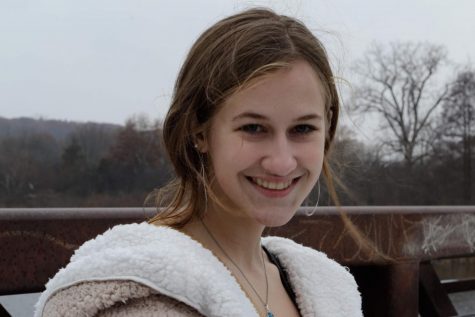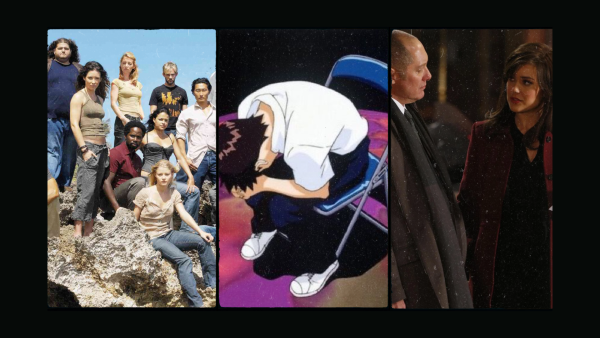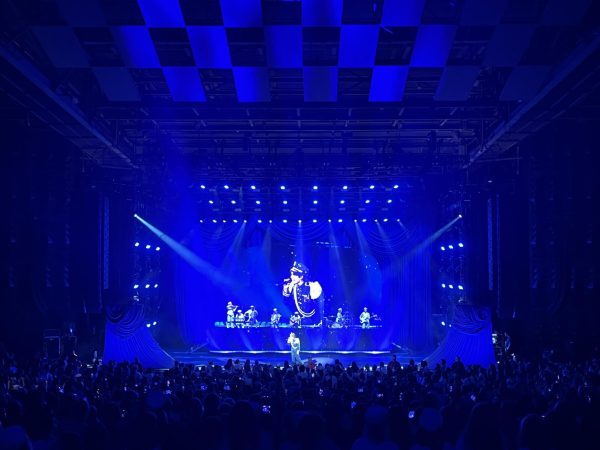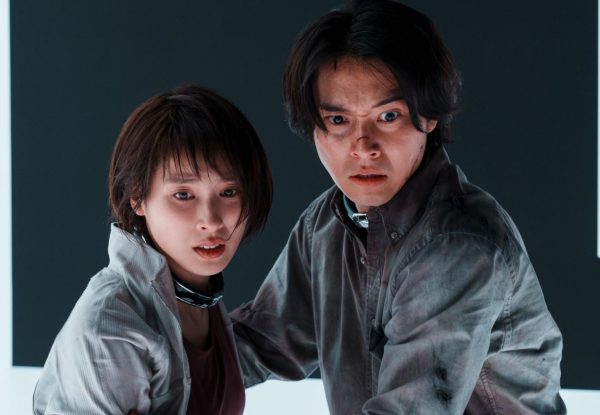The Enduring Beauty of Ephemeral Love and Sunlight
A review of “Call Me by Your Name”
How easy it is to fall in love when surrounded by so much beauty. Described only as “somewhere in Northern Italy” in the opening credits, the setting in director Luca Guadagnino’s “Call Me by Your Name” is an intoxicating oasis of the senses all laid out for the viewer in grainy green drenched in sunlight. It is here we watch the residents of a removed Italian villa indulge in all of the experiences available during the summer of 1983.
Weaving a drowsy, dreamy path through small towns, across cultures and languages, the story follows 17-year-old Elio (Timothée Chalamet) as he goes through an idyllic, if indolent, summer. His father (Michael Stuhlbarg), a scholar of Greek and Roman cultures, studies with a graduate student each summer, and this year’s newcomer is the American Oliver (Armie Hammer). As the summer progresses, Elio explores first experiences, the Italian countryside, and first love with Oliver — in no particular order.
How easy to fall, but how languid the descent: the “dance of desire” between Elio and Oliver, called as such by Guadagnino, is incredibly slow. Elio is still figuring things out; throughout the film, he has a fling with the French Marzia (Esther Garrel), which is shallow for him, but means more to her. He regards Oliver cautiously, but with curious bursts of energy as they orbit each other.
It takes them numerous lazy days laying in the sun and swimming in the creek to realize what is between them, but once they do, it is electric: “We wasted so many days,” says Elio to Oliver one night outside the villa. This theme — an inevitable departure — runs throughout the movie. Within each interaction is the realization that this will end.
This love is beautiful despite the fact it is impossibly ephemeral, or maybe because of it. It is lush and extravagant, but close enough to reality to allow the viewer to picture himself falling in love around the corner, through the green leaves of the apricot trees.
“Call Me by Your Name” is a story told in moments. The summer has an almost lethargic air to it, but the cinematography contradicts this: shots are cut off abruptly, mid-splash. Music ends mid-note. It does not linger unless absolutely necessary, so when it does, it sticks in the mind.
The scene chronicling the title request is one such lingering scene. “Elio, Elio, Elio, Elio.” Oliver’s name, said slowly, the vowels drawn out. It is like this: call me by your name, and I will call you by mine. Guadagnino makes sure this will be remembered; all — from the silence broken only by breath to the slow pan away from the room until all seen is trees — is intentional.
I could wax elaborate poetry about all of the shots, but it wouldn’t be nearly as exquisite as the shots in this film. Even the smallest details create the atmosphere: the flirtation of sun through the trees hitting the water of the river; the incredibly infatuation with everything that is felt when there is an entire life to live; when the only tasks of the day are made up of swimming in the sun, reading books turned yellow with age, and transcribing music, then playing it on the piano in a bright living room.
All is saturated with sun and sky and stone, until it’s not. It is winter now, and “I remember everything,” says Oliver, over the phone. After this phrase, the last spoken words of the film, Elio is shown in an intimately close shot watching the fire. His eyelashes cling together with tears. The camera focuses on him as the credits roll and he goes through the grief of love lost all over again. Like first love always is, the idyllic experience Elio and Oliver shared, however fleeting, will be stuck in the mind long after the final tears fall. He remembers it all, too.
A simple request. Call me by your name. It’s like the music Elio so expressively plays on the piano: all is whimsical and irresistibly beautiful, a piece which sticks in the mind and plays again and again and again until, when it inevitably stops, the abrupt silence is almost too much to bear.









